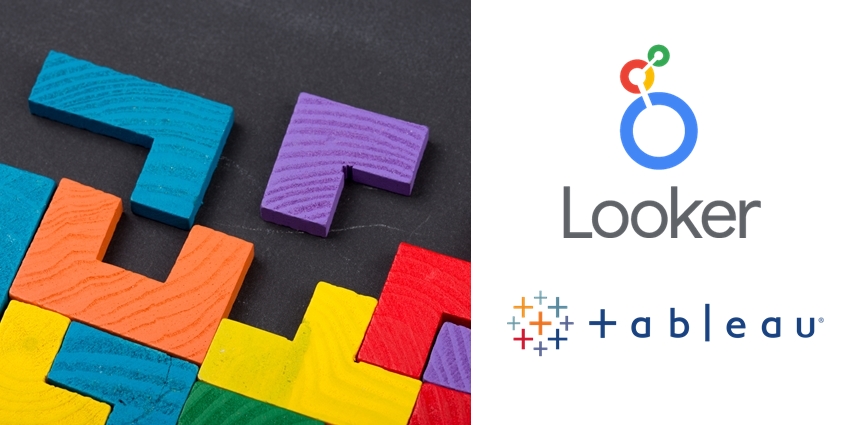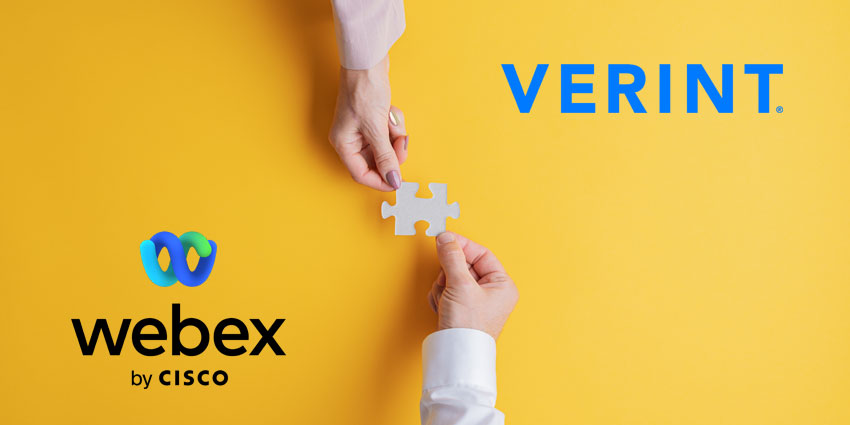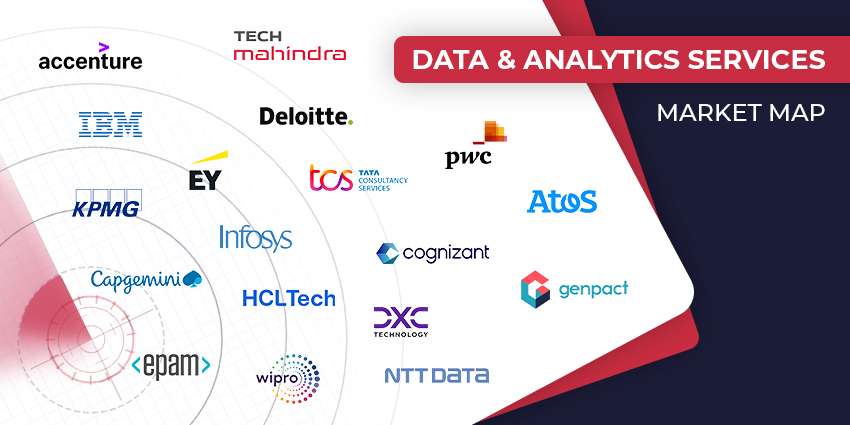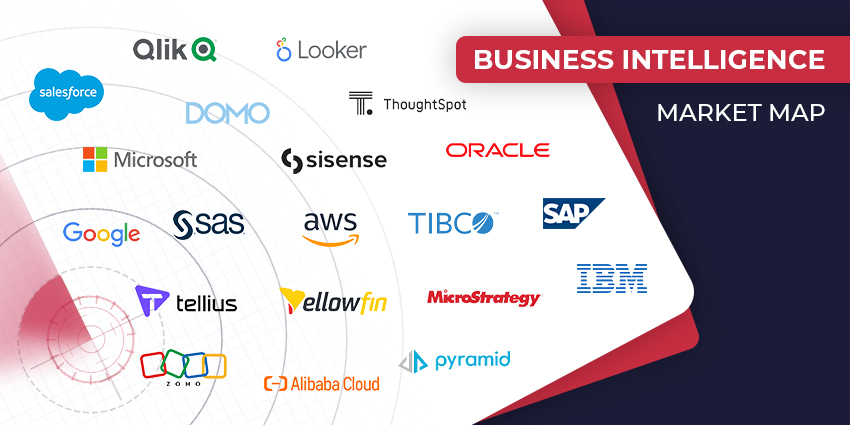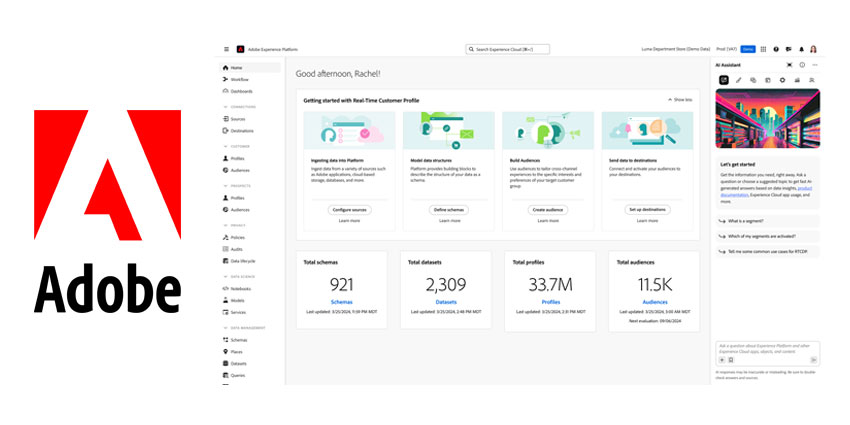Google Cloud revealed a new integration between Looker and Tableau that will enable users of both analytics platforms to benefit from the unique strengths of each. The news was announced by Google Cloud CEO Thomas Kurian during his keynote speech at Google’s virtual conference Google Cloud Next ’21.
Founded in 2012, Looker was acquired by Google Cloud in June 2019 for $2.6 billion. The company has built a platform aimed at application developers, enabling organisations to go beyond traditional reports and deliver data through APIs, data models and embedded applications.
Tableau, founded in 2003, was acquired by Salesforce for $15.7 billion just days after Looker was purchased by Google Cloud.
The vendor was at the forefront of the self-service analytics revolution, enabling business users to work with data through visualisations rather than having to rely on IT departments to generate reports.
Tableau has added augmented analytics capabilities such as NLP, as business intelligence moves beyond data visualisations. Through integrations with Salesforce’s Einstein Analytics platform, Tableau now features more machine learning capabilities.
“Today, we’re thrilled and excited to announce that we’re integrating Tableau, a leader in data visualization, with Looker,” said Thomas Kurian, CEO of Google Cloud. “Tableau customers will soon be able use Looker’s semantic model, enabling new levels of data governance and access to data.”
Doug Henschen, an analyst at Constellation Research, noted that Tableau users will benefit from Looker’s semantic data modelling capability, while Looker users will benefit from Tableau’s visualisation capabilities, enabling them to better understand their data.
“The integration makes it easier to use Looker’s semantic modelling and data delivery capabilities in combination with Tableau as the data analysis engine,” Henschen said. “Looker is the trusted, centralized source of data and Tableau the front-end tool for analysts and data-savvy business users.”
The trend of companies partnering with competitors has been presented for quite some time now. In a similar fashion, longtime independent vendor MicroStrategy has partnered with Tableau, Qlik and Microsoft Power BI to provide semantic modelling capabilities while Tableau, Qlik and Power BI have loaned their front-end analysis capabilities to MicroStrategy.
